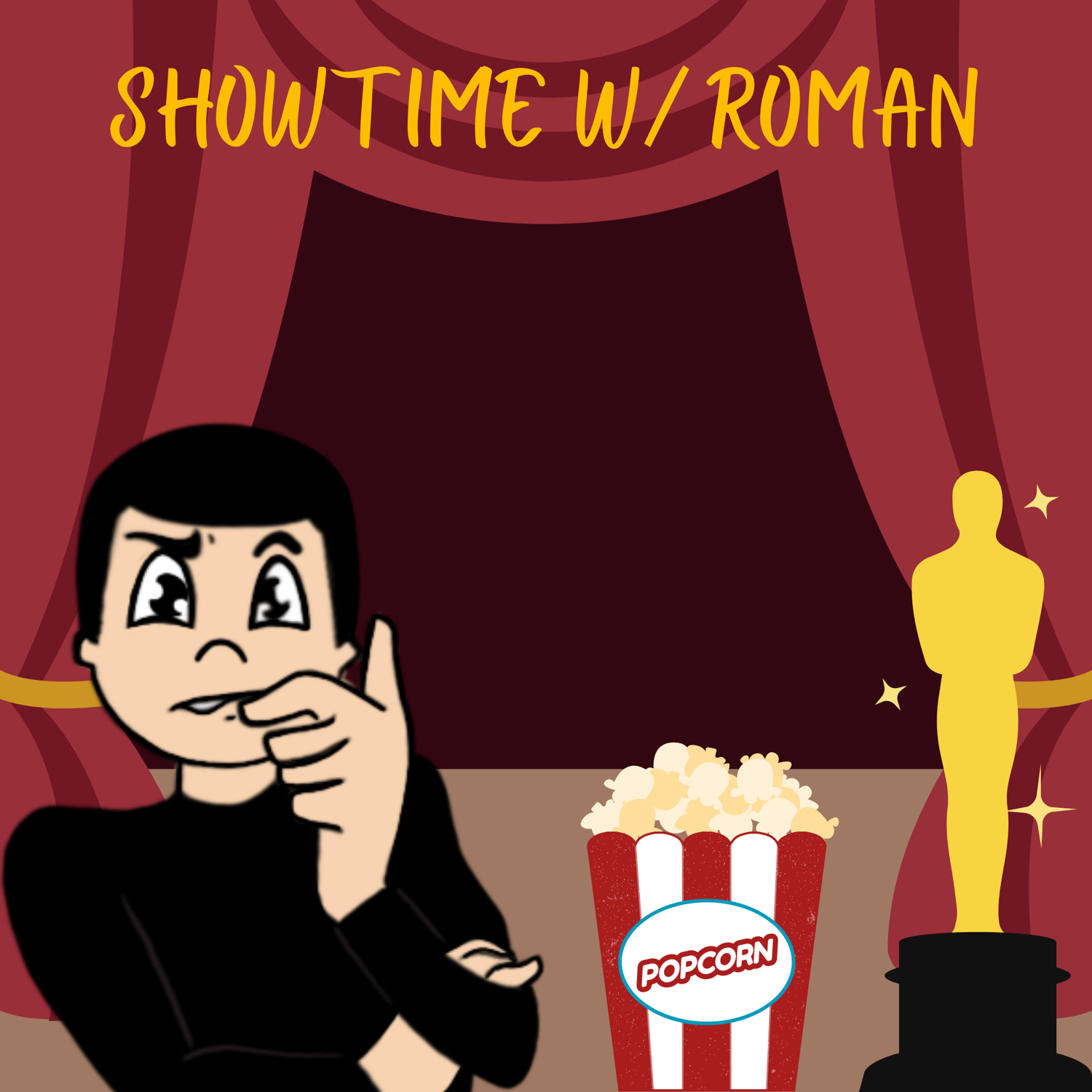Godzilla: Minus One - The Same As Before
- Roman Arbisi

- Dec 6, 2023
- 4 min read

“It’s the same as before.”
An icon as gargantuan as Godzilla cannot go unnoticed in the scope of film history and what his conception brought to the medium. Not only as the undisputed “King” of the monsters in his universe and the history that has passed alongside him, but also as an analogue for the meta-physical presence of his very being.
It’s challenging not to talk about this film (or any Godzilla film for that matter) in relation to the original, or the plethora of sequels, spins, revolutions, Hideaki Anno’s recent gesture, and America’s hazardous attempts at corralling a monster that isn’t theirs. Trying to work through the significance of a film like Minus One isn’t too difficult, but when you come to face the framework of something as structurally simple as this with the staggering political or cinematic complexities within it, Godzilla: Minus One feels seismic.
Is it the best Godzilla film? No. Is it any other superlative that would implicate it as a monumental piece of work? Potentially.

What I’m discovering as I work through this film and weed through the relationship it has with the current artistic climate is that it understands the roots of cinematic creation. This isn’t some bypass to get a chance at keeping the light on Oppenheimer (despite it being a sizable companion when you consider what Oppenheimer may have done to recontextualize the bombings of Hiroshima and Nagasaki for many viewers), but it is a chance to recognize that Minus One is an aftershock nearly 70 years removed from the initial blast made by Ishirō Honda’s undeniable classic.
I often grunt or bemoan cues that reignite the visual or audible waves for nostalgic cheap shots, but when that can be utilized to create a harmonious ripple effect, the result can be tantalizing when it is as politically charged as Godzilla is. Especially when we understand what Godzilla was created for and why his significance and status means so much to Japanese cinema.
The early to mid-1950s meant a lot in establishing Japan’s Golden Age of cinema (Ozu, Kurosawa, Mizoguchi as a few notable examples) with the country having just recently separated from America’s occupation between 1945 to 1952. Japan was able to return to the canvas to properly convey the horrors of nuclear war, the subsequent fallout, the mindless bureaucrats, and the overstayed American forces led by Douglas MacArthur. One of those films was obviously the 1954 original, but its significance was so profound that it reshaped what monster movies would be forever and ever.
Where many modern audiences were led astray by the modern American counterparts (to a degree they do have some role in creating/becoming the monster) is that Godzilla was being molded to fit the aura of a ‘savior’ rather than understanding he simply was a sentient byproduct of America’s empirical tendencies to build monuments of their wrath. Godzilla was a savior in a handful of film’s before, but he was made through the eyes of Japanese storytellers. They could do with him what they pleased because he was their cinematic answer to the perpetual suffering caused by the atomic bomb.

Which makes Minus One’s recognizable gestures to the original score, structure, scenes, trademarks so significant because it is a reconnection with the perpetuity over the course of eight decades. This is a film that understands the significance of important images to a collective people, and in choosing to contextualize it through the comfort of familiarity makes the effect of it more moving than I anticipated. It’s a repetition of horror that is unbound by memory and will continue to permeate throughout time as it continues to pass. That horror is embodied in an avatar so incomprehensibly evil, and to know that their art will forever be made beneath the shadow of the cloud that’s been cast is disquieting. Bravo Takashi Yamazaki.
So, for Godzilla to return to American cinemas with a limited run that was initially planned to end on the 82nd anniversary of the attacks on Pearl Harbor, Minus One continues to have a satirical appetite that Anno’s Shin Godzilla had. Perhaps it was a playful jab by Toho, or maybe I’m reading into it too much, but it’s a good sense of dark humor to have in the wake of the recent Godzilla x Kong trailer that is sure to be, “turn your brain off, mindless, cine-verse fun!”
That’s the problem with Hollywood? Isn’t it? They don’t seem to care about audiences understanding the significance that images can bear. They want to hide behind team-ups, limited worldview politics leashed by platitudes and unmoored storytellers who believe in repetition removed from artistic motivation like Yamazaki is here. He has a vivid, succinct understanding of his relationship to the original works of Godzilla that hardly passes as entertainment, and his repetition is earned.
Godzilla: Minus One feels more like a reignition of the fact that horror — terror — doesn’t “rock”, “rule”, or “knock your socks off”. It can be stunning, provocative, and a little melodramatic, but when we have to witness the same monster unleashed on the same people time and time again… they are the only ones who deserve to track down and conquer this mighty beast because it is the arbiter of their uniform despair.






Comments